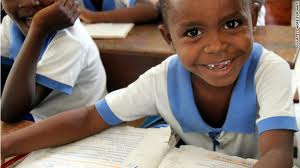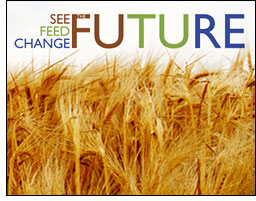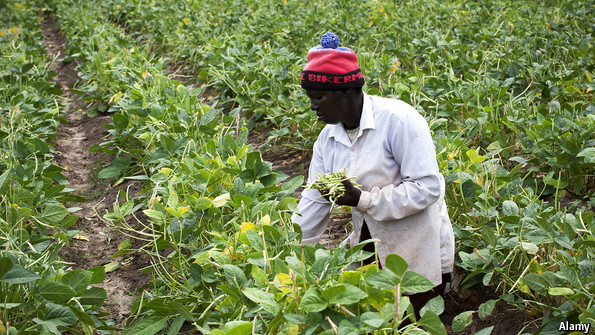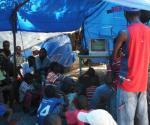Strikes, Violence Overwhelm Haiti's Crumbling Judiciary
There is no justice without a functioning judicial system and Haiti's is broken. Prisons are sorely over-crowded in part due to 80% of inmates being held for years with no trial. In addition, activists report a distrubing increase in illegal preventive detentions. Judges are few, overwhelmed, and often threatened. Haiti remains a fragile democracy and will remain so without justice and the rule of law. If the judicial system improves, then we will know that Haiti is, at last, changing for better. The full article by AP journalists Evens Sanon and Danica Coto is linked and follows below.









